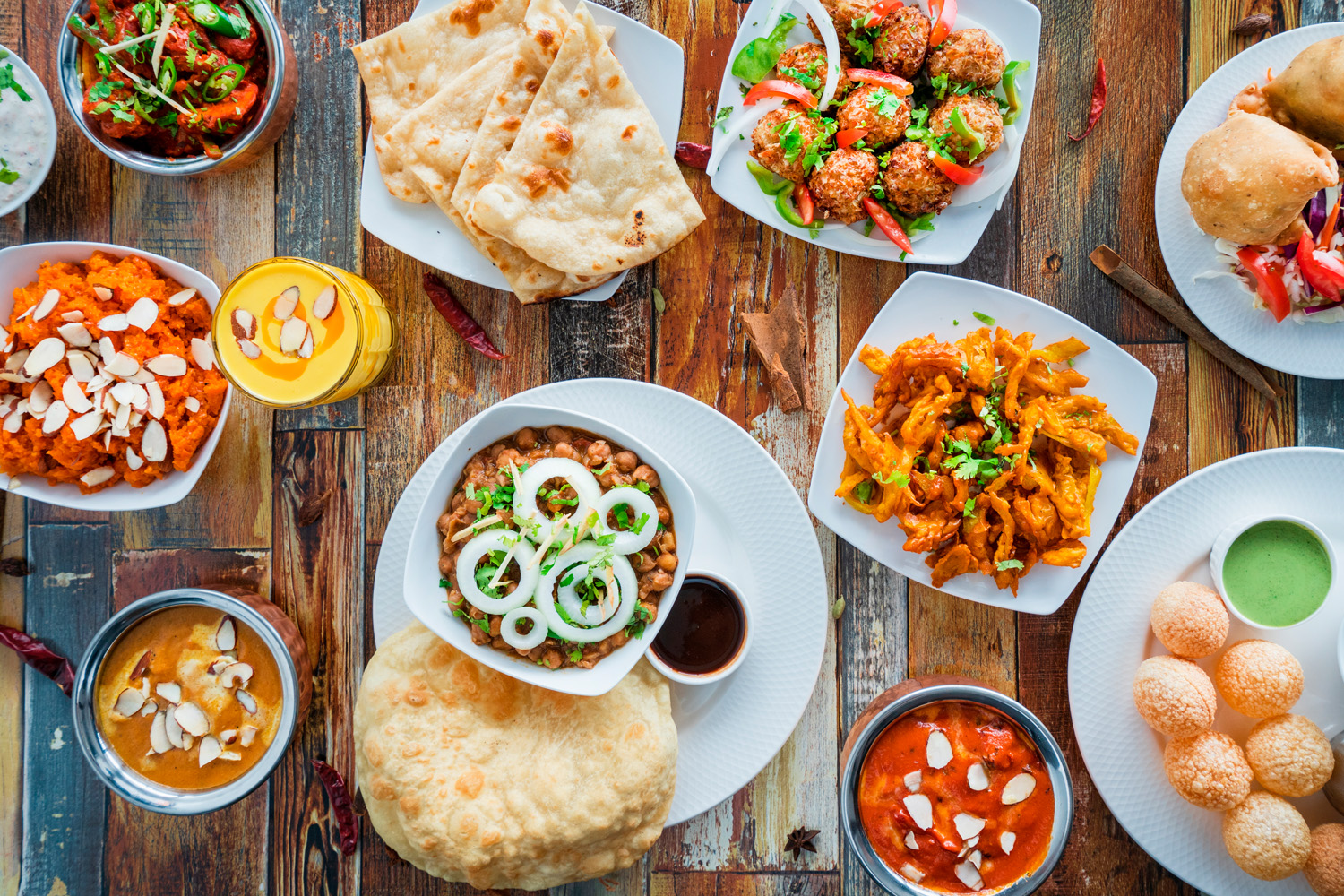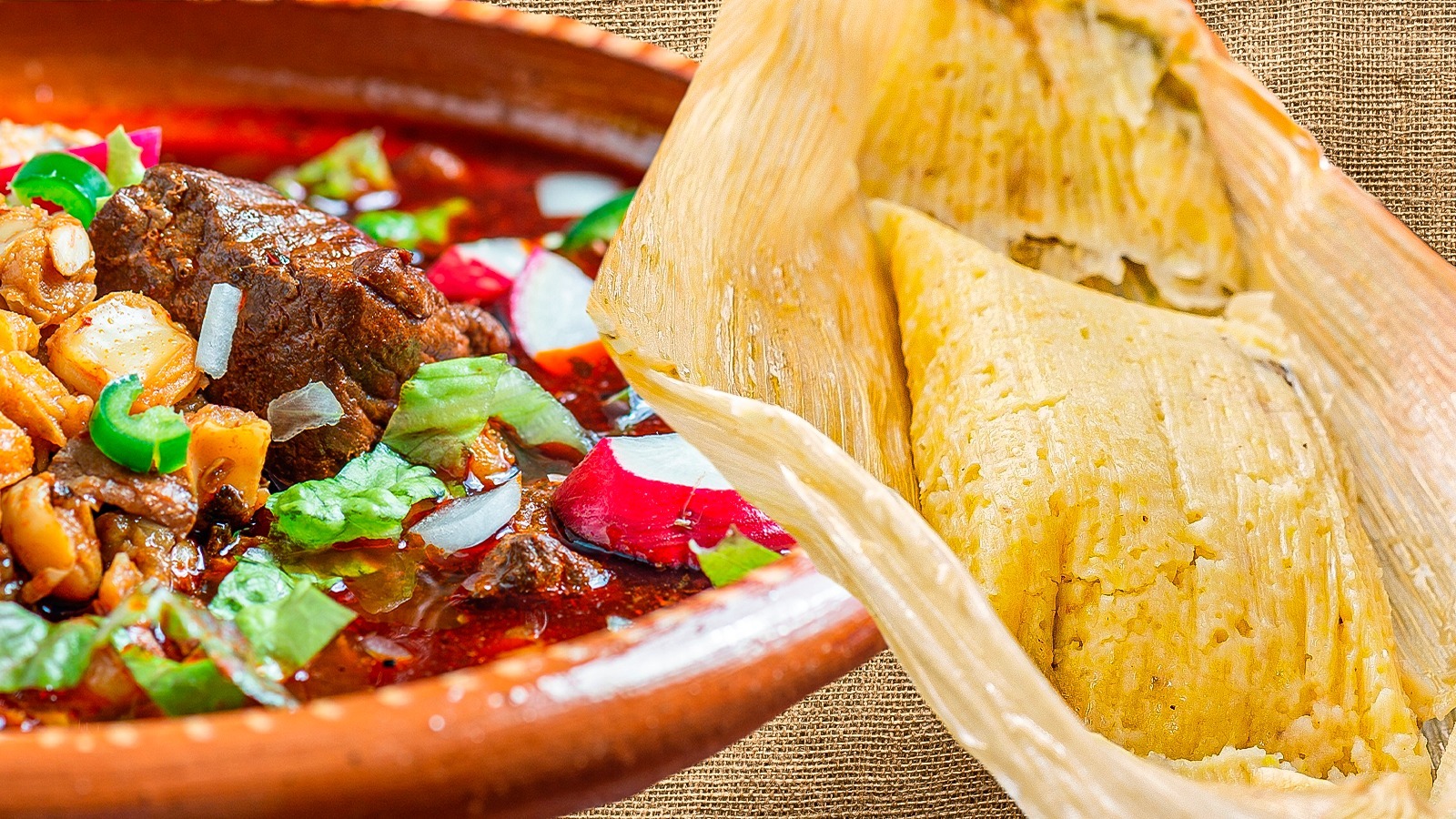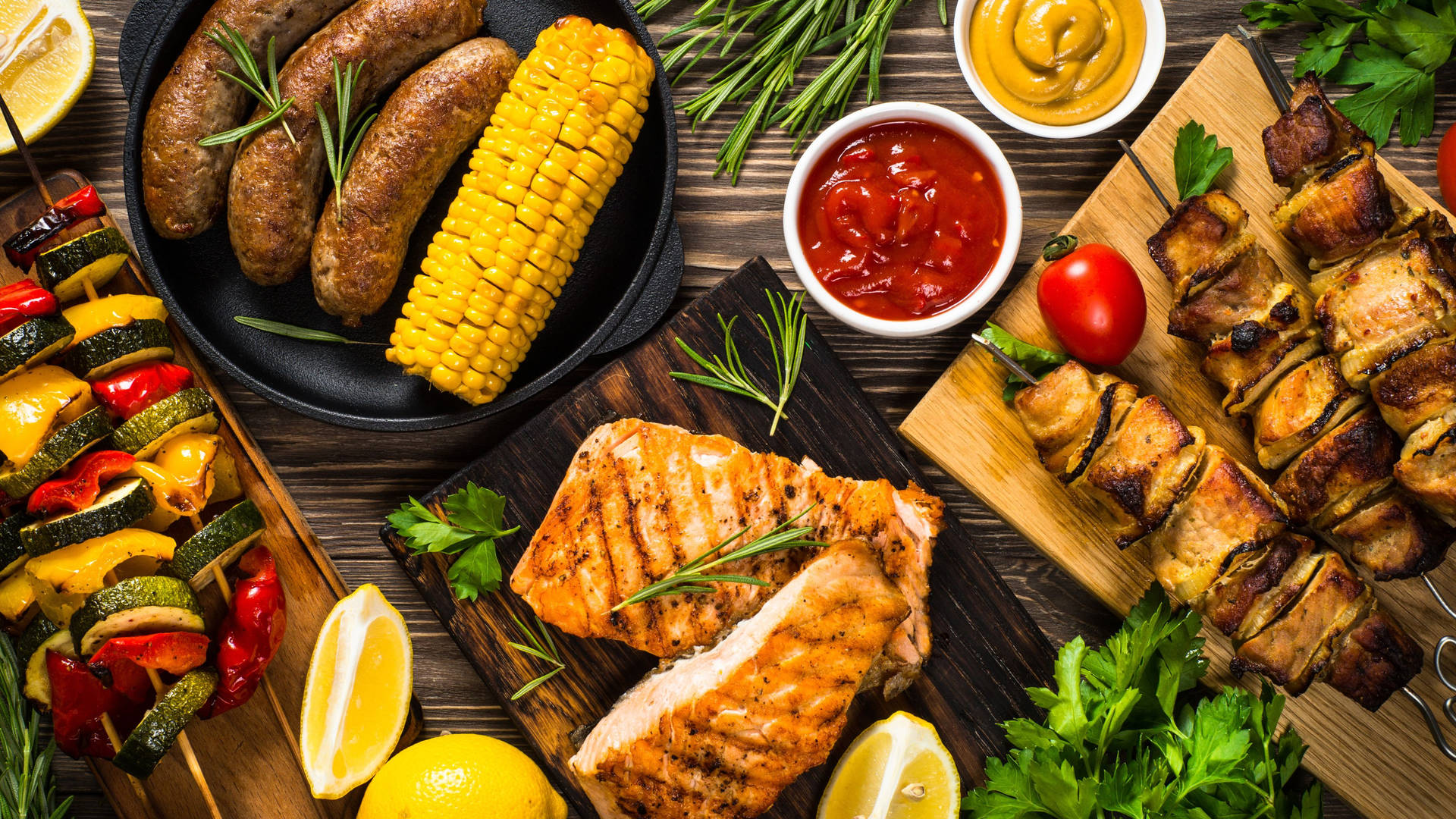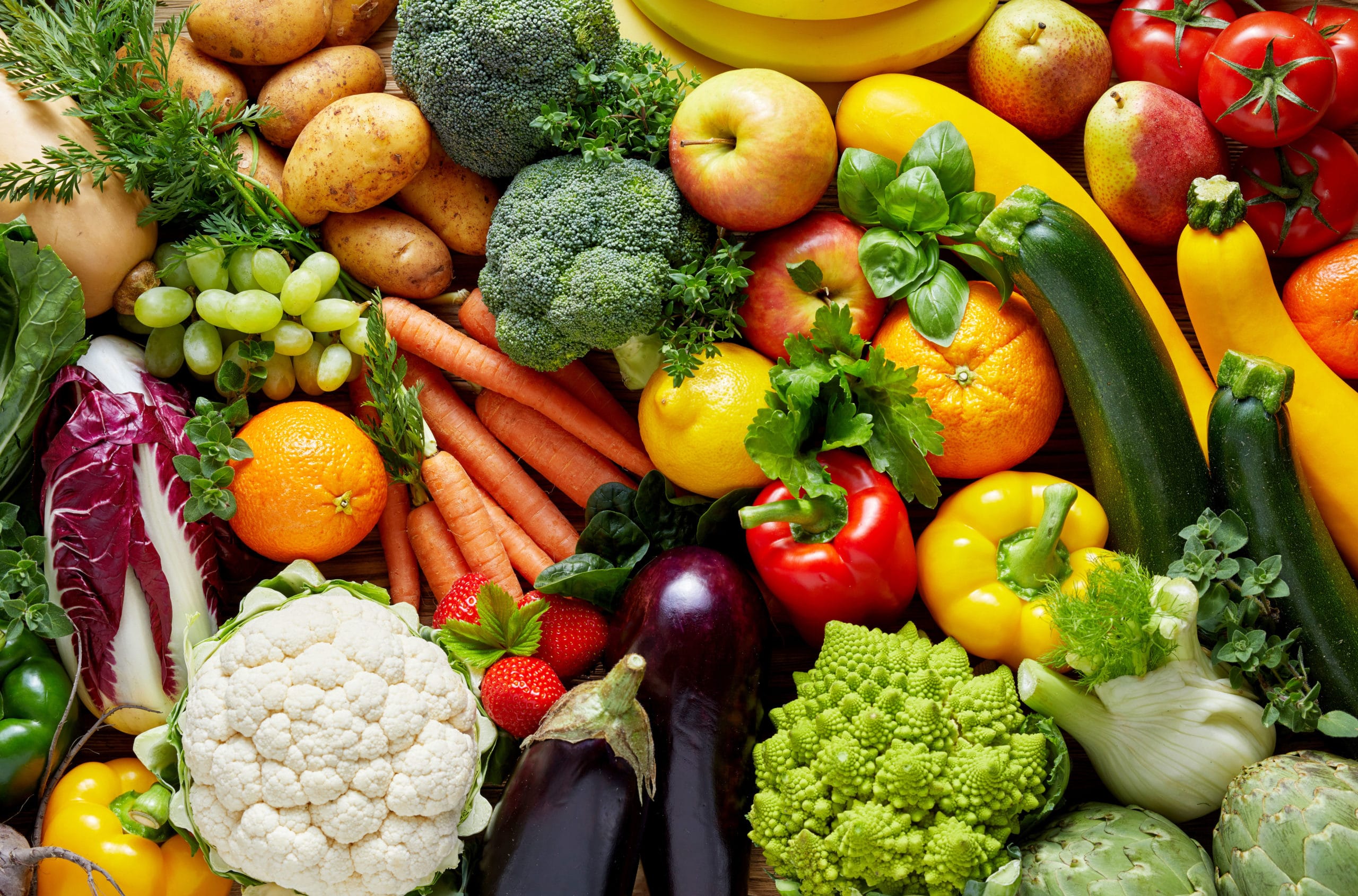Food Trucks In Miami Florida: A Culinary Journey on Wheels pickup.truckstrend.com
Miami, a city synonymous with vibrant culture, sun-drenched beaches, and a pulsating nightlife, also boasts a culinary scene as diverse and dynamic as its population. At the heart of this evolving gastronomic landscape are food trucks – mobile kitchens that have revolutionized how Miamians and visitors experience dining. Far from just a fleeting trend, food trucks in Miami Florida have cemented their place as essential pillars of the local food culture, offering everything from gourmet delights to comforting street food, often with a unique Miami twist. They embody innovation, accessibility, and a delicious spirit of entrepreneurialism, making high-quality, creative cuisine available to everyone, everywhere.
This comprehensive guide will navigate the exciting world of food trucks in Miami, exploring their rise, the incredible variety they offer, where to find them, and what it takes to operate one in this bustling metropolis. Whether you’re a curious foodie, an aspiring food truck entrepreneur, or simply looking for your next great meal, prepare to embark on a flavorful journey through Miami’s mobile culinary marvels.
Food Trucks In Miami Florida: A Culinary Journey on Wheels
The Evolution of Miami’s Mobile Culinary Scene
The concept of food on wheels is not new, but Miami’s food truck scene truly began to flourish in the late 2000s, inspired by pioneers in cities like Los Angeles and Portland. What started as a handful of daring entrepreneurs serving specialized fare quickly exploded into a phenomenon. Early adopters capitalized on Miami’s outdoor-centric lifestyle and the desire for diverse, affordable, and quick meal options beyond traditional brick-and-mortar establishments.
Key to their growth was the emergence of organized food truck events. "Food Truck Fridays" at places like Tropical Park became legendary gatherings, drawing thousands of eager diners each week. These events provided a crucial platform for trucks to gain visibility, build a loyal following, and foster a sense of community among both vendors and patrons. The city’s open-mindedness towards new culinary experiences, coupled with its melting pot of cultures, provided fertile ground for food trucks to experiment and thrive, transforming parking lots and open spaces into bustling outdoor food courts.
A Kaleidoscope of Flavors: The Diverse Culinary Landscape
One of the most compelling aspects of Miami’s food truck scene is its astonishing culinary diversity. Reflecting the city’s rich multicultural fabric, these mobile kitchens serve up a global smorgasbord that caters to every palate imaginable. Forget the stereotype of simple hot dogs and burgers (though you can find excellent versions of those too!); Miami’s food trucks are gourmet powerhouses.
- Latin American Delights: Given Miami’s strong Latin American influence, it’s no surprise that trucks specializing in Cuban, Venezuelan, Colombian, and Mexican cuisines are abundant. You’ll find everything from authentic Cuban sandwiches and savory arepas to vibrant tacos al pastor and hearty bandeja paisa, often with contemporary twists.
- Asian Fusion Innovations: The scene is also rich with Asian-inspired concepts, blending traditional flavors with modern interpretations. Think Korean BBQ tacos, Vietnamese banh mi sandwiches with unexpected fillings, Japanese ramen bowls, and inventive Asian-fusion bowls packed with fresh ingredients.
- Gourmet American & Comfort Food: Elevated burgers, artisanal grilled cheese sandwiches, crispy fried chicken, and inventive lobster rolls are common finds. Many trucks focus on farm-to-table ingredients, bringing a gourmet sensibility to classic comfort foods.
- Seafood Sensations: Being a coastal city, fresh seafood naturally finds its way onto many menus. Expect tantalizing ceviche, crispy fish tacos, and even gourmet seafood pasta dishes.
- Sweet Treats & Desserts: From handcrafted ice cream and artisanal donuts to Cuban pastelitos and churros, dessert trucks provide the perfect sweet ending to any food truck feast.
- Vegan & Vegetarian Options: The growing demand for plant-based meals has also led to a rise in dedicated vegan and vegetarian food trucks, offering creative and delicious meat-free options that appeal to a wide audience.


Each truck often has a unique theme, a compelling backstory, and a passionate chef dedicated to delivering a memorable dining experience. This commitment to quality and creativity ensures that every visit to a Miami food truck is an adventure in taste.
Where to Find Your Next Culinary Adventure
Locating your desired food truck in Miami is part of the fun, requiring a bit of planning and a willingness to explore. Unlike fixed restaurants, food trucks are mobile, but their movements are often predictable and well-communicated.
- Dedicated Food Truck Parks & Lots: Several areas in Miami have designated spots or regular gatherings:

- Wynwood: While known for its art and breweries, Wynwood often hosts food trucks, especially around popular breweries and event spaces.
- Doral: This area frequently sees a concentration of trucks, particularly during lunchtime hours catering to the business community.
- Bird Road & South Miami-Dade: These areas often feature long-standing food truck hubs and pop-up events.
- Coral Gables: The city occasionally hosts food truck rallies, often in conjunction with community events.
- Regular Food Truck Events & Festivals: These are the bread and butter of the Miami food truck scene:
- Food Truck Fridays: Locations like Tropical Park (South Miami) and ArtsPark at Young Circle (Hollywood, just north of Miami) host weekly or bi-weekly gatherings that are iconic. Check their schedules for specific dates.
- Community Festivals: Throughout the year, various local festivals, fairs, and outdoor markets will feature a lineup of food trucks. Keep an eye on local event listings.
- Breweries & Taprooms: Many local craft breweries partner with food trucks to offer diverse dining options to their patrons. Check the brewery’s social media for their daily truck schedule.
- Online Resources & Social Media:
- Instagram & Facebook: This is arguably the most effective way to track specific trucks. Most food trucks maintain active social media pages where they post their daily locations, hours, and specials. Follow your favorites!
- Food Truck Finder Apps/Websites: While not always comprehensive, some apps and local food blogs attempt to aggregate food truck locations. A quick Google search for "Miami food truck schedule" can yield results.
Practical Advice for Diners:
- Follow Your Favorites: If there’s a truck you love, follow them on social media to know their exact whereabouts.
- Check Before You Go: Always confirm a truck’s location and operating hours before heading out, as plans can change due to weather or private events.
- Arrive Early: Popular trucks can develop long lines, especially during peak hours or at major events. Arriving early ensures you get your pick and avoid a long wait.
- Bring Cash & Card: While most trucks accept credit cards, having small bills can be helpful for quick transactions or if technology fails.
- Be Prepared for Outdoor Dining: Most food truck experiences involve standing or finding limited outdoor seating. Dress comfortably and be ready for Miami’s weather.
- Embrace the Adventure: Don’t be afraid to try something new! The beauty of food trucks is the opportunity to sample diverse cuisines in one location.
The Business Behind the Wheels: Operating a Food Truck in Miami
For those dreaming of launching their own mobile eatery, Miami presents both exciting opportunities and significant challenges. It’s a demanding business that requires passion, culinary skill, and a solid understanding of logistics and regulations.
- Initial Investment: The cost of starting a food truck can range from $50,000 to $200,000+. This includes purchasing or leasing the truck itself, custom kitchen build-out (ventilation, refrigeration, cooking equipment), point-of-sale systems, and initial inventory.
- Permits & Licenses: Navigating Miami’s regulatory landscape is crucial. This typically involves:
- Florida Department of Business and Professional Regulation (DBPR) Food Service License: Mandatory for all food establishments.
- Miami-Dade County Business Tax Receipt (BTR): General business license.
- Fire Safety Inspection: Ensuring the truck meets fire safety codes.
- Vehicle Registration & Commercial Insurance: Specific to mobile food units.
- Health Department Inspections: Regular inspections by the Florida Department of Health.
- Local City Permits: Some individual cities within Miami-Dade County may require additional permits for operating within their jurisdiction.
- Operating Costs: Beyond the initial investment, ongoing costs include:
- Food supplies and ingredients
- Fuel for the truck and generator
- Labor costs (if you have staff)
- Maintenance and repairs for the truck and equipment
- Marketing and social media management
- Insurance (general liability, commercial auto)
- Commissary kitchen fees (many counties require food trucks to operate out of a licensed commissary for food prep, storage, and waste disposal).
Challenges for Operators:
- Competition: The Miami food truck scene is vibrant and competitive.
- Regulations: Navigating the complex web of local, county, and state regulations can be daunting.
- Weather: Miami’s intense heat, humidity, and hurricane season can impact operations and customer turnout.
- Maintenance: Keeping a commercial kitchen on wheels running smoothly requires constant attention and can be costly.
- Location Scouting: Finding prime, legal, and profitable locations requires research and networking.
Keys to Success:
- Unique Concept & Quality Food: Stand out with a distinct menu and consistently delicious food.
- Strong Branding & Social Media: Engage with customers online and build a memorable brand.
- Operational Efficiency: Streamline your workflow to handle high volumes quickly.
- Customer Service: Friendly and efficient service keeps customers coming back.
- Networking: Build relationships with other food truck owners, event organizers, and local businesses.
Estimated Costs for Operating a Food Truck in Miami (Initial & Monthly)
Please note these are estimated costs and can vary significantly based on truck size, equipment, concept, and operational choices.
| Category | Estimated Initial Cost (USD) | Estimated Monthly Operating Cost (USD) | Notes |
|---|---|---|---|
| Truck Purchase/Lease | $30,000 – $150,000 | $500 – $2,000 (if leased/financed) | New vs. Used, size, engine condition. |
| Kitchen Build-Out/Equipment | $20,000 – $70,000 | – | Custom fabrication, griddles, fryers, refrigeration, prep tables. |
| Permits & Licenses | $1,000 – $5,000 | – | DBPR license, BTR, fire, health permits. Annual renewals apply. |
| Commercial Insurance | – | $200 – $600 | General liability, commercial auto. Varies based on coverage and record. |
| Initial Inventory | $1,000 – $3,000 | – | First stock of food and supplies. |
| Point-of-Sale (POS) System | $500 – $2,000 | $30 – $100 | Hardware and software subscription. |
| Commissary Kitchen Fees | – | $300 – $800 | Required for food prep, storage, waste disposal. |
| Food & Ingredient Costs | – | $2,000 – $8,000+ | Varies significantly with sales volume, menu, and portion sizes. Typically 25-35% of revenue. |
| Fuel (Truck & Generator) | – | $300 – $1,000 | Depends on mileage, generator usage, and fuel prices. |
| Labor Costs | – | $1,500 – $5,000+ | If hiring staff. Varies by number of employees and hours. |
| Marketing/Advertising | $100 – $500 | $50 – $300 | Social media boosts, signage, event fees. |
| Maintenance & Repairs | – | $100 – $500 | Ongoing upkeep, unexpected repairs. |
| Total Estimated Initial | $52,600 – $238,500 | – | |
| Total Estimated Monthly | – | $5,000 – $19,400+ | Does not include loan payments on initial investment. These figures are highly variable. |
The Impact of Food Trucks on Miami’s Food Scene
Food trucks have done more than just serve great food; they have fundamentally reshaped Miami’s culinary landscape in several profound ways:
- Incubator for Talent: They serve as a low-cost entry point for aspiring chefs and restaurateurs to test concepts, build a brand, and gain a following without the enormous overhead of a traditional restaurant. Many successful Miami restaurants started as food trucks.
- Democratization of Gourmet Food: By offering high-quality, innovative dishes at more accessible price points, food trucks have made gourmet and diverse cuisines available to a wider audience, breaking down barriers of exclusivity.
- Urban Revitalization: Food truck rallies and pop-ups often bring life and economic activity to underutilized spaces, transforming parking lots and parks into vibrant community hubs.
- Increased Culinary Diversity: They constantly push the boundaries of what’s available, introducing Miamians to new flavors, fusion concepts, and niche cuisines that might not thrive in a traditional restaurant setting.
- Fostering Community: Food truck events are inherently social, encouraging interaction among diners and fostering a sense of community around shared culinary experiences.
Concluding Thoughts
Food trucks in Miami Florida are much more than just mobile eateries; they are a testament to the city’s dynamic spirit, entrepreneurial drive, and insatiable appetite for diverse and delicious food. They represent a culinary movement that champions innovation, accessibility, and the vibrant multiculturalism that defines Miami. From the savory aromas wafting from a gourmet burger truck to the sweet satisfaction of an authentic Cuban pastry, every bite tells a story of passion, creativity, and the joy of sharing good food. As Miami continues to grow and evolve, its food truck scene will undoubtedly remain a vital and exciting part of its identity, promising endless delicious discoveries for locals and visitors alike.
Frequently Asked Questions (FAQ) About Food Trucks in Miami Florida
Q1: Are food trucks in Miami expensive?
A1: Generally, food trucks offer a more affordable alternative to traditional sit-down restaurants, especially for gourmet or specialized cuisine. Prices typically range from $8 to $18 for a main dish, depending on the ingredients and complexity.
Q2: Do most food trucks in Miami accept credit cards?
A2: Yes, the vast majority of food trucks in Miami are equipped with mobile POS systems and accept major credit cards (Visa, MasterCard, American Express). However, it’s always a good idea to carry some cash, just in case, or for smaller purchases.
Q3: Where are the best places to find food trucks in Miami?
A3: The best places are often dedicated food truck parks (like those in Doral or sometimes Wynwood), regular weekly events such as Food Truck Fridays (check Tropical Park or ArtsPark Hollywood schedules), and various community festivals. Following individual trucks on social media (Instagram is popular) is the most reliable way to find their daily locations.
Q4: Are there vegetarian or vegan options available at Miami food trucks?
A4: Absolutely! The Miami food truck scene is increasingly inclusive. Many trucks offer vegetarian and vegan options on their regular menus, and there are also dedicated vegan food trucks. It’s always best to check their menu online or ask at the truck.
Q5: How can I find out which food trucks will be at a specific event?
A5: Most major food truck events and festivals will publish a list of participating trucks on their event website or social media pages leading up to the event.
Q6: Is it possible to book a food truck for a private event in Miami?
A6: Yes, many food trucks offer catering services for private events, corporate gatherings, and weddings. You’ll need to contact the individual truck directly to inquire about their availability, pricing, and menu options for private bookings.
Q7: What are the typical operating hours for food trucks in Miami?
A7: Operating hours vary widely. Some trucks focus on lunch service in business districts, while others are geared towards dinner and late-night crowds, especially on weekends or at events. Check their social media for the most accurate daily hours.
Q8: What permits and licenses are needed to start a food truck in Miami?
A8: Starting a food truck in Miami requires multiple permits and licenses, including a Florida Department of Business and Professional Regulation (DBPR) Food Service License, a Miami-Dade County Business Tax Receipt, fire safety inspections, vehicle registration, commercial insurance, and potentially local city permits. Operating from a licensed commissary kitchen is also typically required. It’s a complex process that often benefits from professional consultation.



